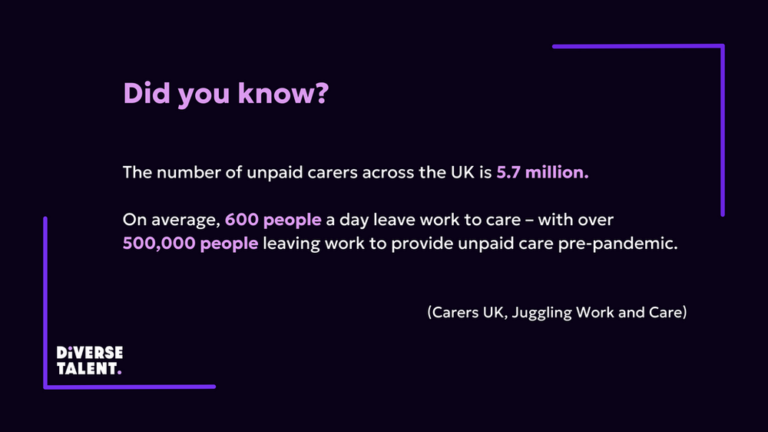Depression and Stress is the leading cause of poor mental health worldwide. Yet despite its enormous and growing toll, many employers take an ad hoc approach to handling depression among employees. Many managers become aware of mental health issues only when they investigate why a team member is performing poorly.
Signs of depression at work
-
Missing work
-
Trouble concentrating
-
Missing deadlines and goals
-
Fatigue
-
Lack of motivation

· Guide on how to negotiate work arrangements for individuals with mental health issues
1-Learn about depression and work-related stress
If you understand the symptoms of poor mental health, then you will be able to anticipate work performance issues and the types of accommodations an employee might request or need.
2- Simplify work scope
An employee suffering from mental health issues might tell you their workload feels too overwhelming or complicated. Depression can affect cognitive function and as a manager, you can help by breaking up large projects into smaller tasks. The benefit of giving smaller more manageable tasks is that it empowers employees to achieve more frequent experiences of success.
3-Focus on positive outcomes and criticize less
Rather than highlighting failures, focus on supporting and celebrating moments of achievement, such as when employees meet deadlines. Research shows that people who are criticized by someone whom they perceive as highly critical of them are less able to activate neurocircuits that control negative emotions.
4-Be a leader
You should be attentive to how interacting with an employee suffering from a mental health issue can have an impact and how it might make you feel. Does such a situation make you feel angry, frustrated, or diminished in your role? If so, remind yourself that it’s not about you. it is about how as a manager, can help your employee. Keep in mind that mental health is an illness.
Additionally, if one in three people suffers from mental illness, consider the email communications that is used internally, from HR to Senior Leadership.
As a leader, your job is to create a positive work environment that results in better outcomes for all employees —including those battling mental health (either openly or secretly).
By helping your employee, you help your team, your company, and demonstrate strong leadership. Leading to a more supportive, inclusive and engaging workplace.

Need more help?
Northern Ireland has some amazing charities that can assist with mental health and provide support to both individuals and employers:
-
Cause NI – https://www.cause.org.uk/
-
Aware NI – https://aware-ni.org/
-
Mind Wise – https://www.mindwisenv.org/




